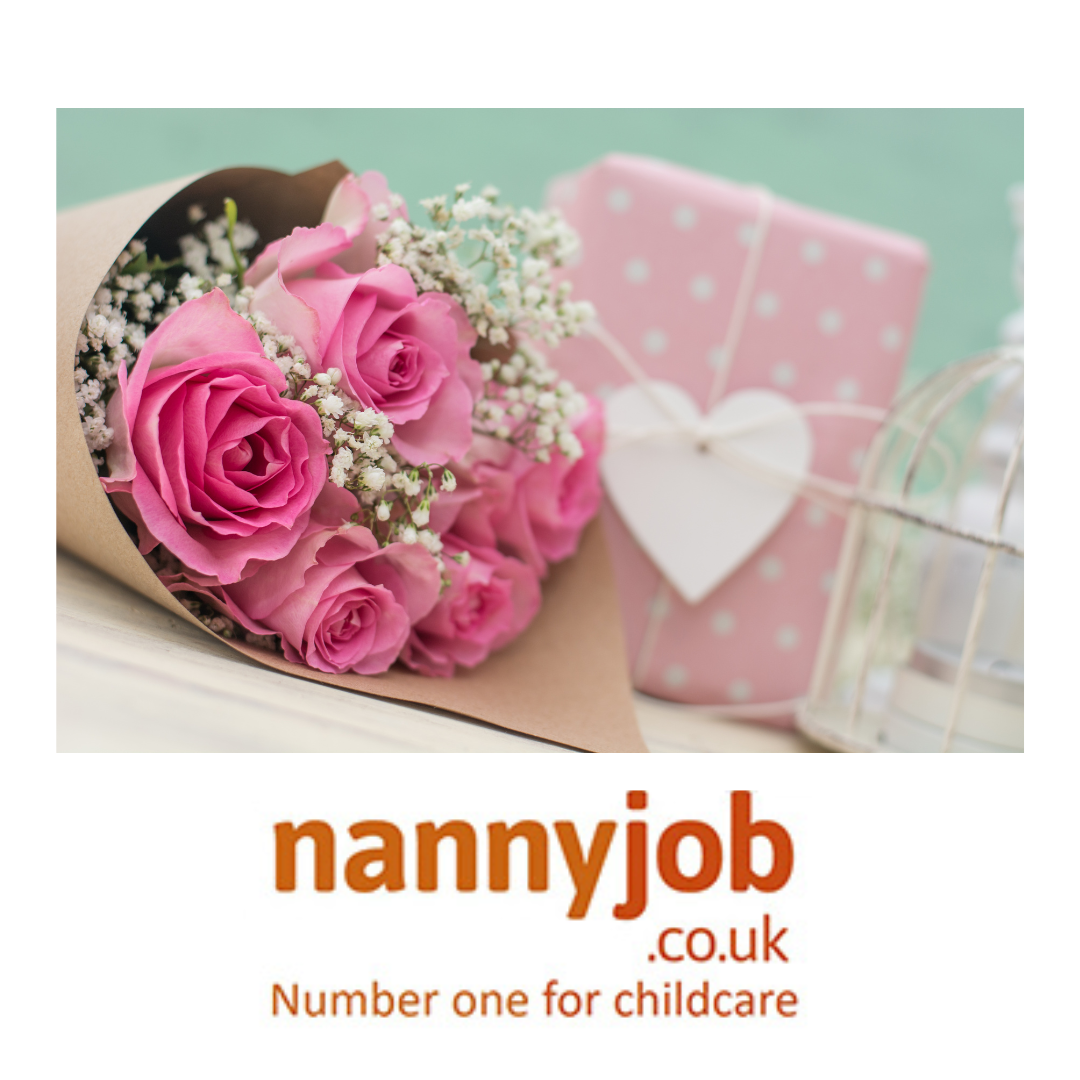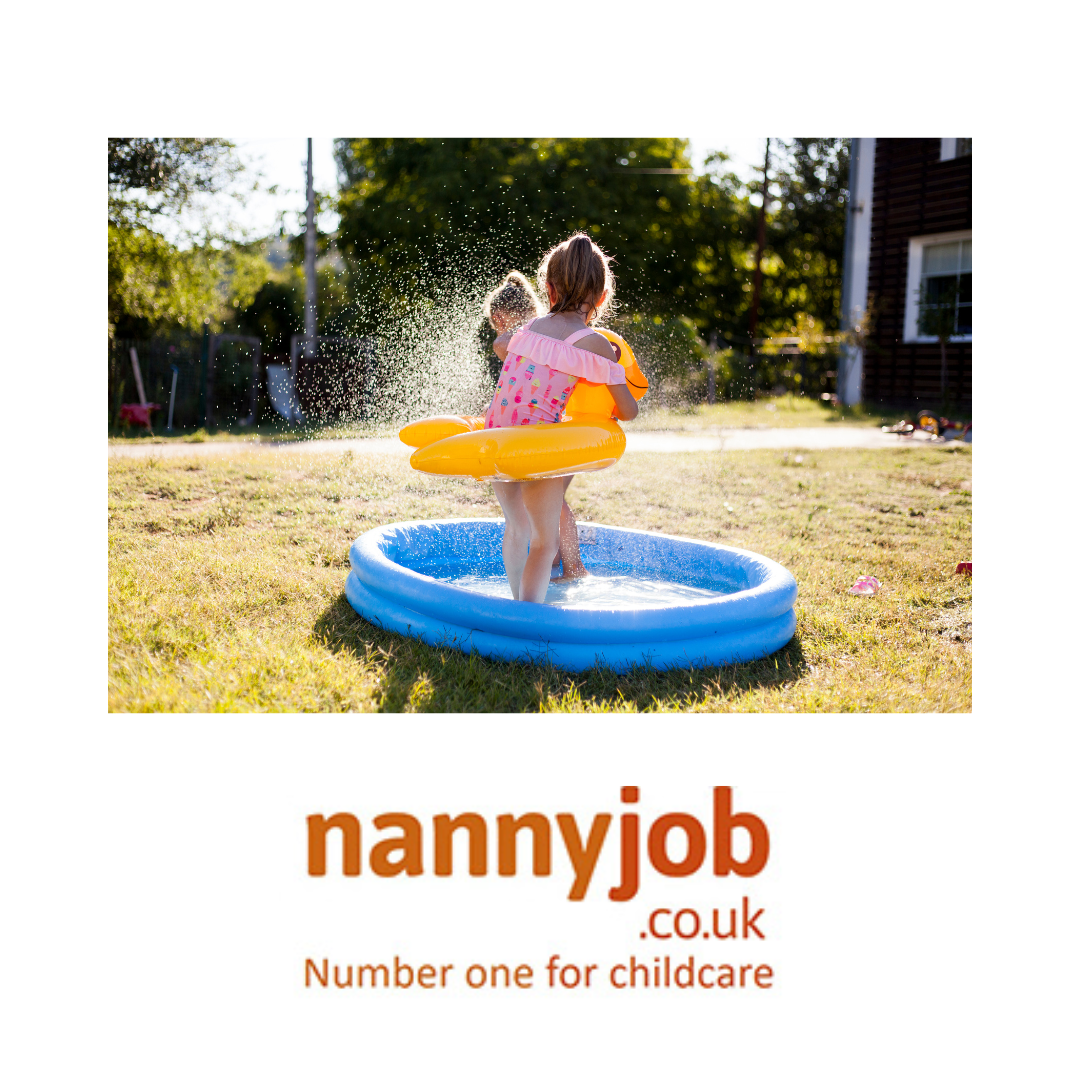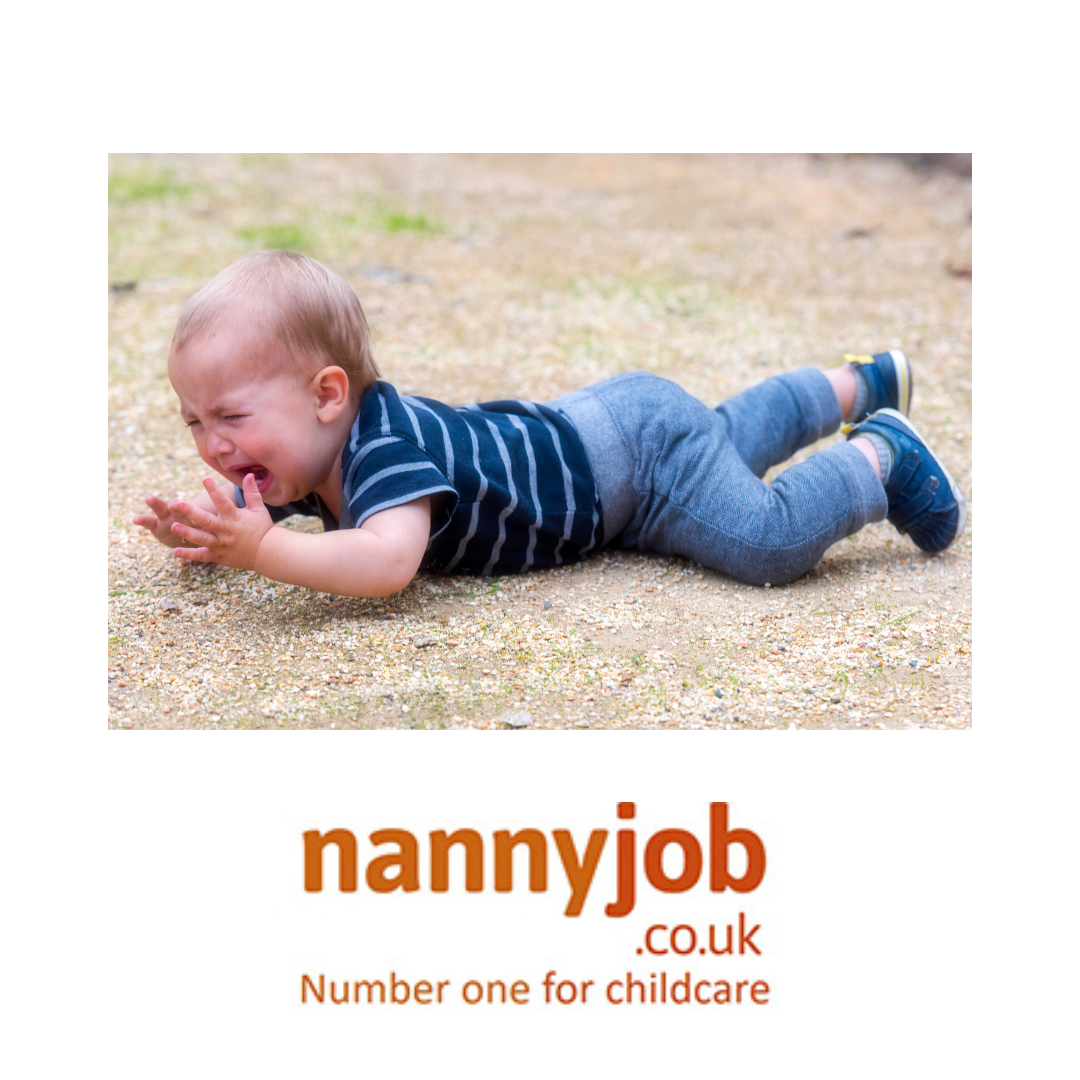Introduction
Organising activities for kids can be both a fun and challenging task. Whether it’s during school holidays, weekends, or just to keep them engaged after school, having a variety of activities planned can help keep children entertained and stimulated. As parents, nannies, and childcarers, it’s essential to plan activities that are not only enjoyable but also educational and developmentally appropriate. Here are some top tips for organising activities for kids.
1. Understand Their Interests and Needs
Every child is unique, with their own set of interests and developmental needs. Spend some time observing what activities your children naturally gravitate towards. Are they more into arts and crafts, sports, or perhaps nature exploration? Understanding their interests will help you plan activities that they will truly enjoy and engage with.
2. Plan a Balanced Schedule
While it’s great to have a variety of activities, it’s important to strike a balance. Mix active play with quiet time, indoor activities with outdoor ones, and structured activities with free play. This balance ensures that children have a well-rounded experience and do not get overstimulated or bored.
3. Involve the Kids in Planning
Get the kids involved in planning their activities. This not only gives them a sense of ownership but also ensures that they are excited about what’s coming up. You can create a weekly activity chart together and let them choose from a list of pre-approved activities.
4. Be Prepared with Supplies
Nothing disrupts an activity faster than missing supplies. Before the day begins, make sure you have all the materials and equipment needed for each planned activity. Create a checklist if necessary, and involve the kids in gathering the supplies to teach them about preparation and responsibility.
5. Have a Backup Plan
Sometimes, activities don’t go as planned. The weather might change, or an activity might not hold the kids’ interest as long as you expected. Always have a few backup activities ready to go. These could be simple games, a favorite book, or a go-to craft project.
6. Incorporate Learning Opportunities
Look for ways to incorporate educational elements into fun activities. For example, cooking together can teach math and science concepts, while nature walks can include lessons about plants and animals. Making learning fun helps children absorb information more effectively.
7. Create Themed Days or Weeks
Themed days or weeks can add excitement and structure to your planning. Themes like “Space Week,” “Art Day,” or “Outdoor Adventure” can provide a focus and make it easier to come up with related activities. This approach can also make it easier to integrate educational content into the fun.
8. Encourage Social Interaction
If possible, organise group activities with other children. Social interaction is crucial for developing communication skills, empathy, and teamwork. Plan playdates, group games, or collaborative projects that allow children to interact and build friendships.
9. Use Technology Wisely
Incorporate technology in a balanced way. There are many educational apps and online resources that can be beneficial when used appropriately. Set time limits for screen use and ensure that digital activities are age-appropriate and educational.
10. Reflect and Adjust
After each activity, take a moment to reflect on what went well and what could be improved. Ask the kids for their feedback and adjust your future plans accordingly. This continuous improvement approach will help you become better at organizing activities that truly engage and benefit the children.
Conclusion
Organising activities for kids requires a bit of planning and creativity, but the rewards are well worth the effort. By understanding their interests, involving them in the planning process, and maintaining a balanced and flexible approach, you can create a fun and enriching environment for the children in your care. Happy planning!









